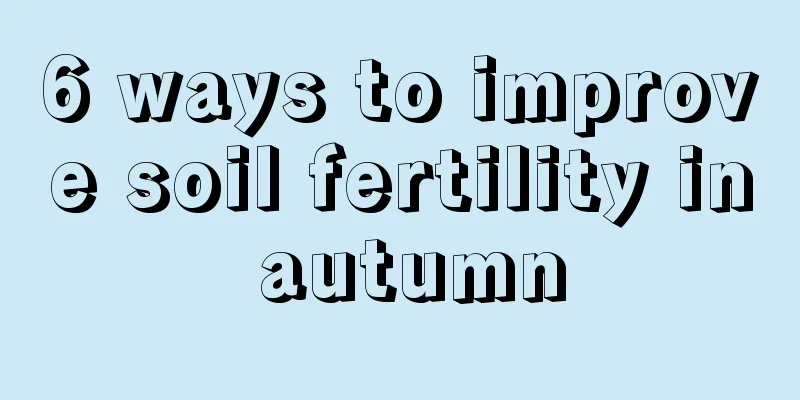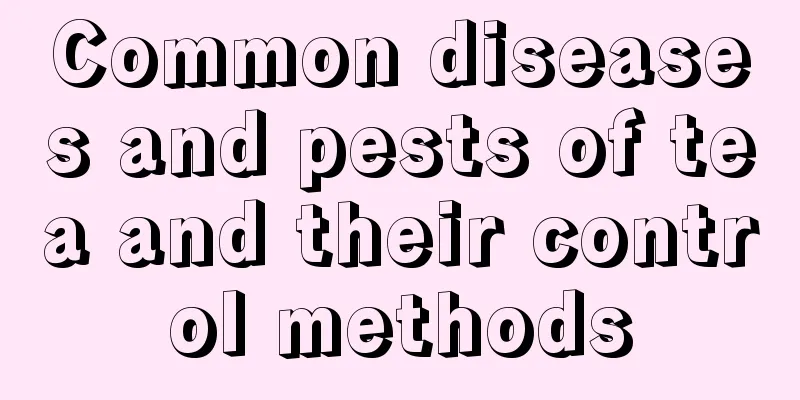Cucumber high yield fertilization method

|
In recent years, cucumber cultivation has performed well in terms of economic benefits and market potential. Cucumber cultivation is mainly divided into two modes: greenhouse cultivation and open-air cultivation. Regardless of which method is used, in addition to selecting excellent varieties and conducting proper pruning management, fertilizer management during the cucumber growth process is also crucial. Scientific and reasonable fertilization methods are the key to achieving high cucumber yields. Let’s learn together about the method of fertilizing cucumbers for high yield. 1. Key points of fertilization during cucumber growth 1. Deep application technology of urea The demand for nitrogen fertilizer reaches its peak before cucumbers set fruit. When applying nitrogen fertilizer, deep application should be adopted to avoid surface application as some vegetable farmers do to save labor. The latter will cause ammonia produced when urea volatilizes, which will damage the leaves and reduce the effectiveness of the fertilizer. 2. Avoid fertilizing on rainy days Cucumber fertilization should be avoided during continuous rainy weather, especially in the pre-fruiting stage. Applying fertilizer at this time, especially nitrogen fertilizer, can easily cause the cucumber to grow too vigorously, which is not conducive to flowering and fruiting, and may increase the risk of diseases and pests. 3. Use decomposed organic fertilizer Many cucumber farmers now prefer to use organic fertilizers. When applying organic fertilizer, always make sure it is fully decomposed. Uncomposted organic fertilizer may cause root and seedling burns, and may cause pests and diseases such as root-knot nematodes, posing a serious threat to cucumber growth. 2. Types of fertilizers to avoid when growing cucumbers The process of growing crops is similar to cultivating talents. Taking cucumber as an example, in order to ensure its normal growth, flowering and fruiting, suitable growing conditions must be provided, including soil, temperature and water. Especially when applying fertilizers, it is necessary to avoid using fertilizers that crops hate the most. Cucumbers are particularly sensitive to chlorine-containing fertilizers. If chlorine-containing fertilizers such as ammonium chloride and potassium chloride are applied during the growth process, it will seriously affect the accumulation of sugar in the cucumber, resulting in a worse taste and reduced fruit quality. At the same time, chlorine-containing fertilizers are not conducive to root development and will weaken the resistance of cucumbers. Therefore, chlorine-containing fertilizers should be avoided when applying top dressing. The above are the key points of cucumber fertilization. Fertilizing cucumbers is not just about applying a single type of fertilizer. The amount, type and time of fertilizer are all very important.
|
<<: How to pot peony, the best time to repot potted peony
>>: Can I fertilize the peony after repotting? How to manage the newly potted peony?
Recommend
What is the best month to plant sorghum?
When is sorghum planted? Sorghum is usually plant...
Is it better to grow precious bamboo in water or soil?
Is it better to grow precious bamboo in water or ...
Methods and techniques for cultivating Murraya paniculata
Osmanthus fragrans is loved by people for its whi...
Why do the leaves of the iron tree turn yellow?
Cycas revoluta, as a typical southern plant, pref...
What fertilizer is best for plane trees?
Time to fertilize the plane tree The key period f...
A complete list of flowers that bloom during the Spring Festival. Having one of them will bring you good luck in the new year!
orchid Orchids have been widely loved by literati...
How to grow the succulent plant Thousand Rabbit Ears
soil Thousand Rabbit Ears likes loose, fertile, w...
How to grow Monstera in winter, what are the precautions
1. Keep warm Monstera is a plant with poor cold r...
Tiger Pilan cultivation methods and techniques
Tiger Piraja , as a member of the succulent plant...
The best time to plant freesias. How long does it take from planting to flowering?
Planting time of freesia In different regions, th...
How to prepare succulent plant nutrient soil? How to prepare succulent plant nutrient soil?
Succulent nutrient soil requirements Whether succ...
What fruits are suitable for planting and what fruits are produced in Hubei?
Hubei is rich in fruits Fruits that are produced ...
How to deal with African jasmine root rot
Symptoms of root rot If the roots are rotten, the...
Can bowl lotus be planted in sand?
Can bowl lotus be planted in sand? Bowl lotus can...
Causes and solutions for root rot of Huangli
Causes of root rot in Huangli Anyone who has rais...









